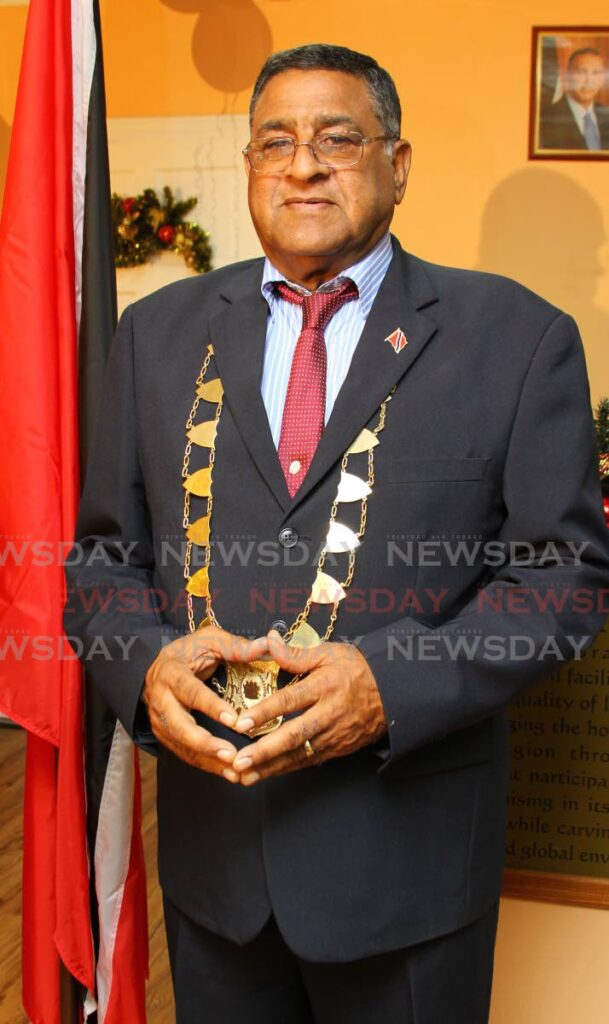Honour Rondon the right way

THE SANGRE Grande Regional Corporation (SGRC) is considering a motion to rename the Toco Recreation Ground after its former chairman, Martin “Terry” Rondon.
Mr Rondon died after suffering a heart attack on Tuesday.
“Uncle Terry,” as he became known to generations of constituents, was awarded the Hummingbird Medal (Gold) on a Saturday night in September 2022, but that very evening he was planning to visit Matelot the next morning to view a landslide blocking the road.
He served his communities for 27 years, many of them as chairman of the SGRC, until he was finally bypassed by the PNM’s screening committee in June 2020. In response, he pledged support for the party’s chosen nominee.
A year later, he began a daily hamper draw at the East RHA to encourage constituents to step forward and take the covid19 vaccine.
By then, Mr Rondon had his own health issues. At a November 2021 presentation of a recliner to a 101-year-old resident of the Toco Senior Citizens’ Home, he was photographed leaning heavily on a cane to support his weakened spine.
The SGRG drifted out of PNM control in 2019 after an even party split in the 2016 local government elections.
While plaques on infrastructure are a traditional way of honouring fallen public figures, the gesture hardly seems in keeping with Mr Rondon’s reputation as a hands-on councillor and concerned citizen.
Having spent much of his adult life giving service in Sangre Grande, Toco and their environs in a manner that won plaudits from both sides of the political fence, Mr Rondon might be better honoured through a different kind of remembrance.
His example of effective responsiveness to the needs of his constituents could become legendary well beyond the boundaries of his districts of concern.
His commitment to serving all his constituents might be more effectively memorialised through a properly funded, party-neutral training regime for new and working councillors and aldermen designed to improve their engagement with communities and responsiveness to the street-level problems that inevitably arise.
On the spot at natural disasters, infrastructure failures and occasions of personal grief, Mr Rondon was always welcomed because his attitude was never, “Here I am,” but rather, “What is the problem, and how do we deal with it?”
And the answers were never expedient or rushed. Mr Rondon believed fixing a problem meant that it should stay fixed well beyond its time in the headlines.
Formal coaching in effective community governance, based on the principles he espoused, would be a timely intervention, given the increased powers local government is expected to begin to exercise soon, and the importance of transparency and accountability that will be expected in the work of its elected representatives.

Comments
"Honour Rondon the right way"